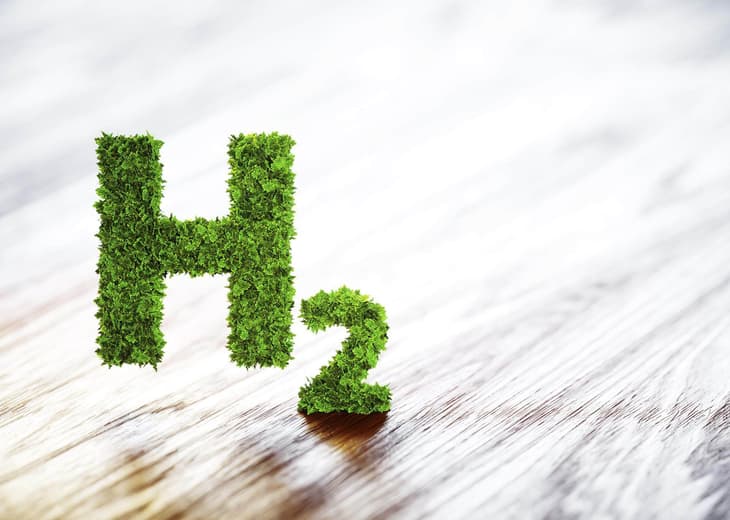Scientists from Johns Hopkins University and the University of California, Los Angeles (UCLA) have found that copper particles stabilise the platinum-nickel catalysts that hydrogen fuel cells use to produce clean electricity.
According to a new study posted last week by the materials scientists, the potential of hydrogen fuel cells has been so far been limited by the high cost and instability of the platinum-nickel catalyst needed to spark the chemical reaction that produces clean electricity.
Following experiments and simulations, the scientists shed new light on a method of stabilising catalysts by adding copper and provides details on why the method works.
“The problem is that platinum-nickel catalysts, which are very promising for use in fuel cells, degrade over time as the nickel dissolves,” explains Tim Mueller, Assistant Professor of Materials Science and Engineering, who led the Hopkins team. The UCLA team was led by Yu Huang.
... to continue reading you must be subscribed






